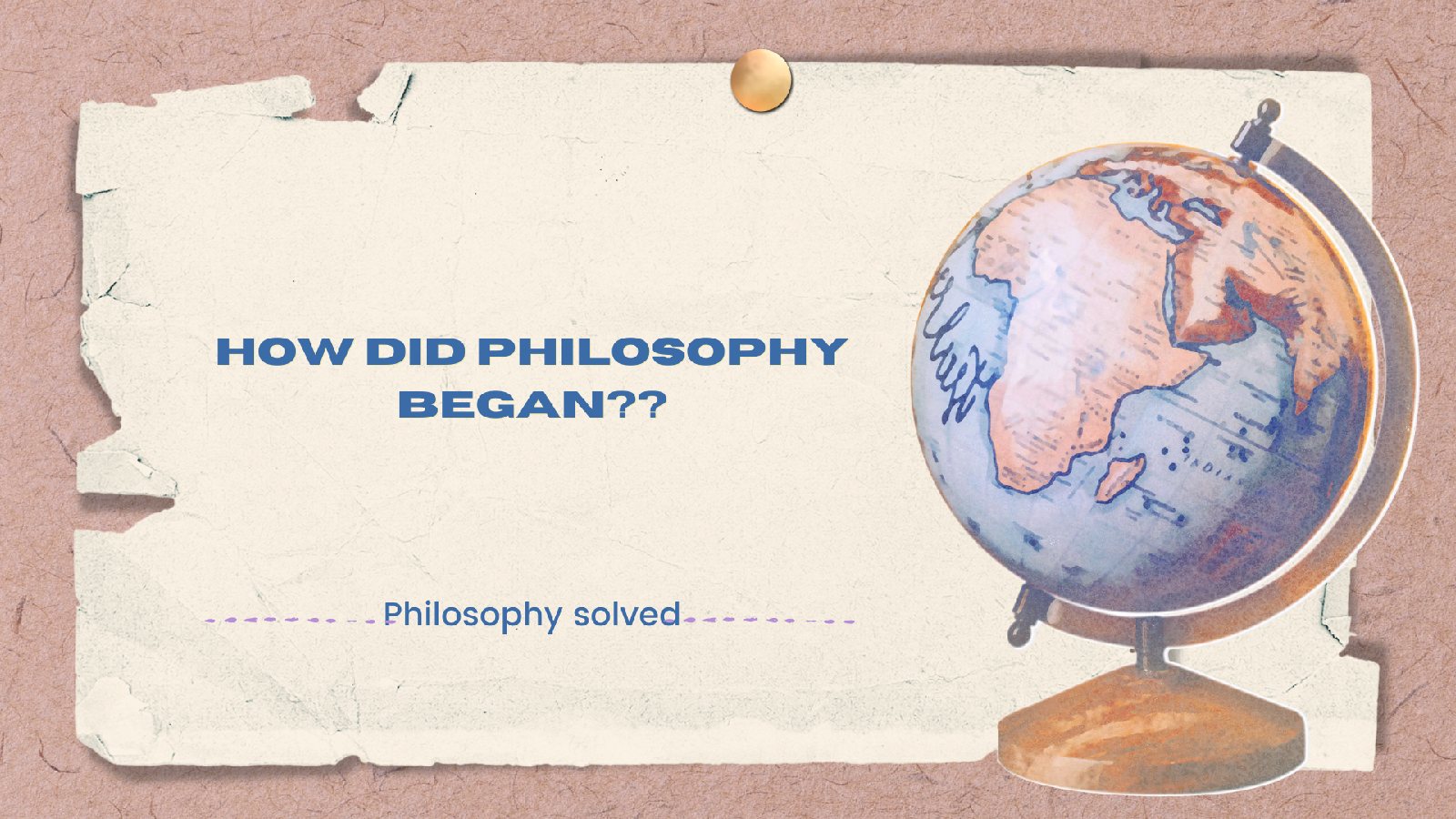Why is philosophy useful?

Philosophy is often considered an abstract subject, but it is vastly useful for a number of reasons, both practical and intellectual. Herein lies why philosophy matters and why it's beneficial to study the subject: 1. **Sharpens Critical Thinking Skills Philosophy will help you in thinking more deeply, clearly, and logically. It encourages one to question things, assume, and look at ideas from different points of view. This sharpens your reasoning, analysis, and evaluation of arguments-skills valuable in almost every aspect of life, whether in personal decision-making, professional settings, or academic pursuits. - **Problem-solving**: Philosophy equips you with methods of addressing complicated questions by reducing them to simpler ones and assessing various paths to a solution. - **Fallacy Detection:** Your training in logic thus places you in a stronger position to recognize faulty arguments in debates, advertisements, or even everyday conversations. 2. **Fosters ...








